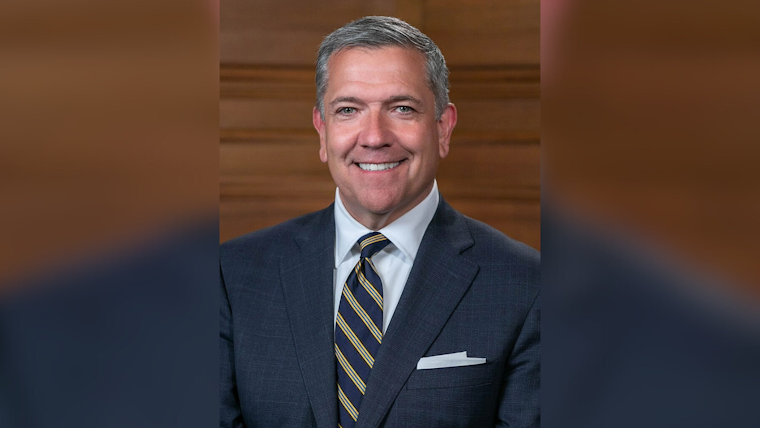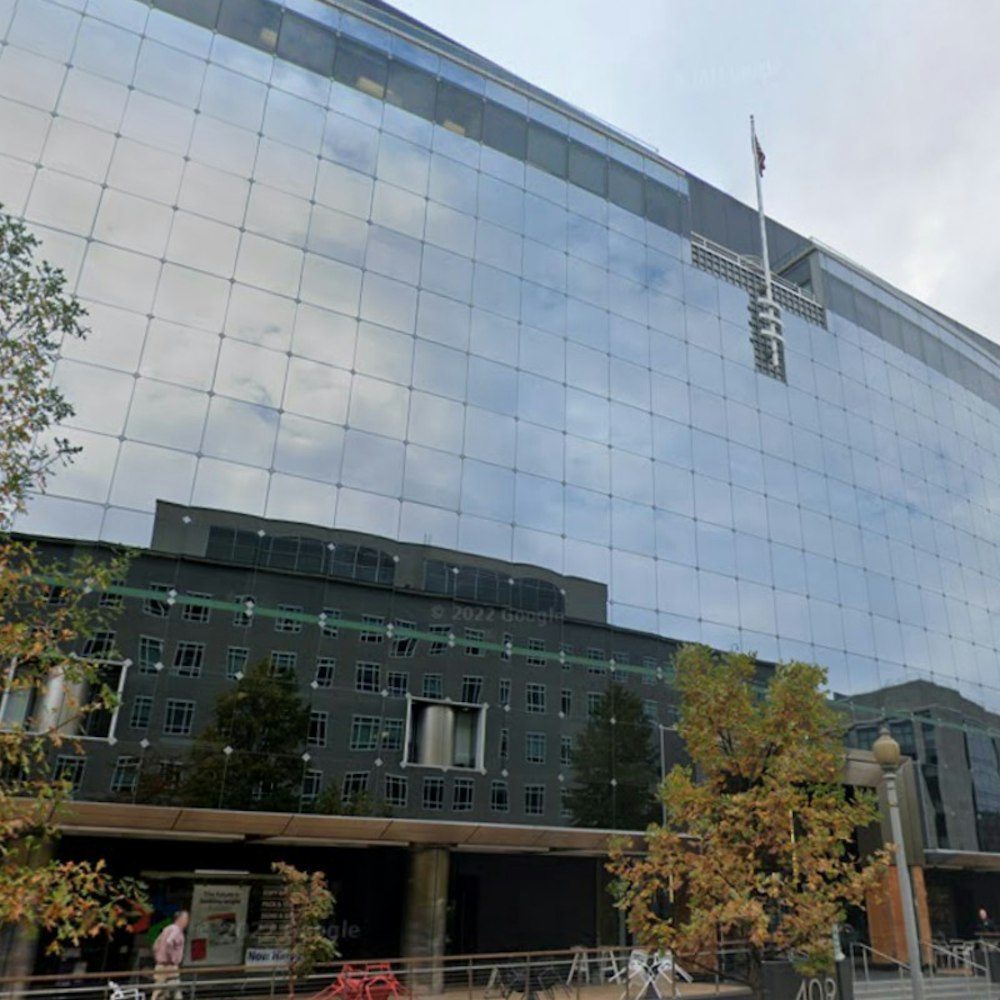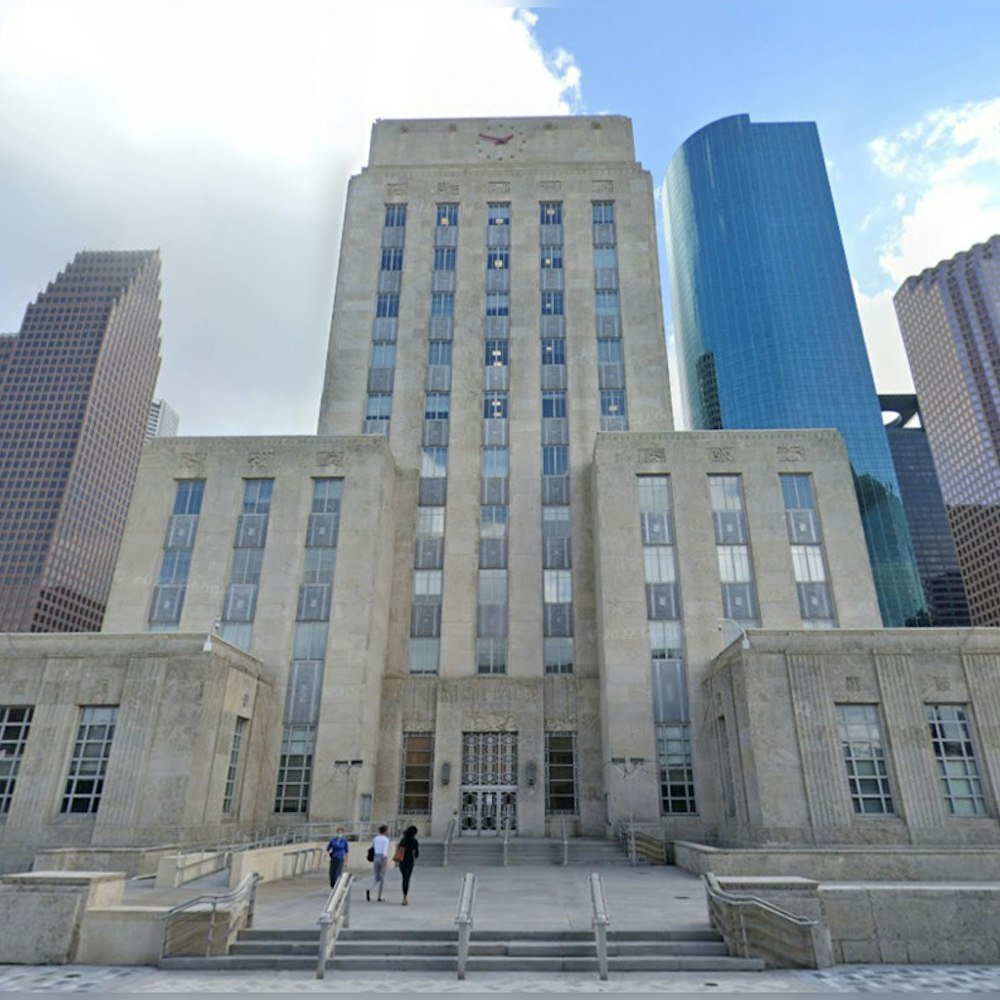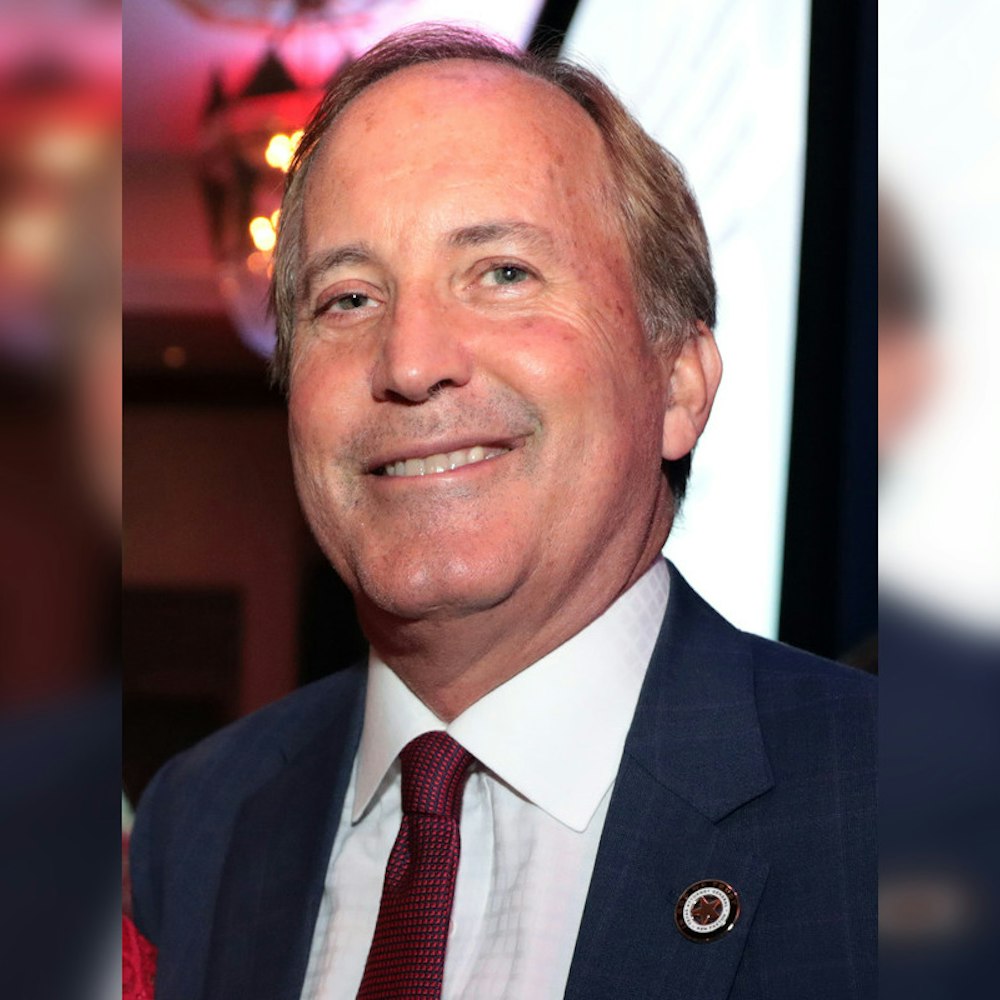
San Francisco Supervisor Matt Dorsey is calling the shots on drug tourism, requesting a city report to nail down whether SF is a hotbed for out-of-towners seeking illegal substances, according to SFist. Dorsey's query comes in the wake of a fentanyl crackdown that's seen the California Highway Patrol and local deputies swoop in to tackle what's been dubbed "open-air drug markets."
Despite hundreds arrested in these operations, 2023 marked the city's worst year for overdose deaths, chiefly from fentanyl, prompting officials to search desperately for answers. At the heart of Dorsey's concern is the notion of "drug tourism," a term being tossed around politically, suggesting outsiders are flocking to the city to indulge in its illegal drug scene. "The report I’m requesting from the City Controller is necessary to more accurately quantify the extent to which San Francisco is a destination city for open-air drug scenes and related public nuisances, as well as for those who avail themselves of general assistance for indigent adults," Dorsey said in a statement obtained by SFist.
Dorsey, whose district includes SoMa, a hot spot for the illegal trade, is pushing for an analysis from the City Controller on the residence of those arrested for drug crimes in the city. The move follows reports of outsiders overwhelming local services, with Dorsey citing a CNN segment noting that none of the interviewed unhoused drug users were San Francisco natives, as well as statements from SFPD Chief Bill Scott confirming the outward residential status of many drug-related arrestees. Dorsey outlined the potential benefits of the report, including improved visibility into relevant individuals’ counties and states of origin, possibly highlighting patterns warranting further investigation.
However, not everyone shares Dorsey's hunch. Critics argue that the emphasis on tracking origin may obscure larger issues, such as the need for overdose prevention and treatment facilities. “Even if this report said 'this many people came from out of town,' how would you know that they didn’t come here for another reason?" Sara Shortt, coordinator of the Treatment on Demand Coalition, questioned in an interview with the Chronicle. Addressing Dorsey's focus, Jennifer Friedenbach, executive director of the Coalition on Homelessness told NBC Bay Area that "looking into home addresses not only wastes time and energy you know when lives are at stake."









